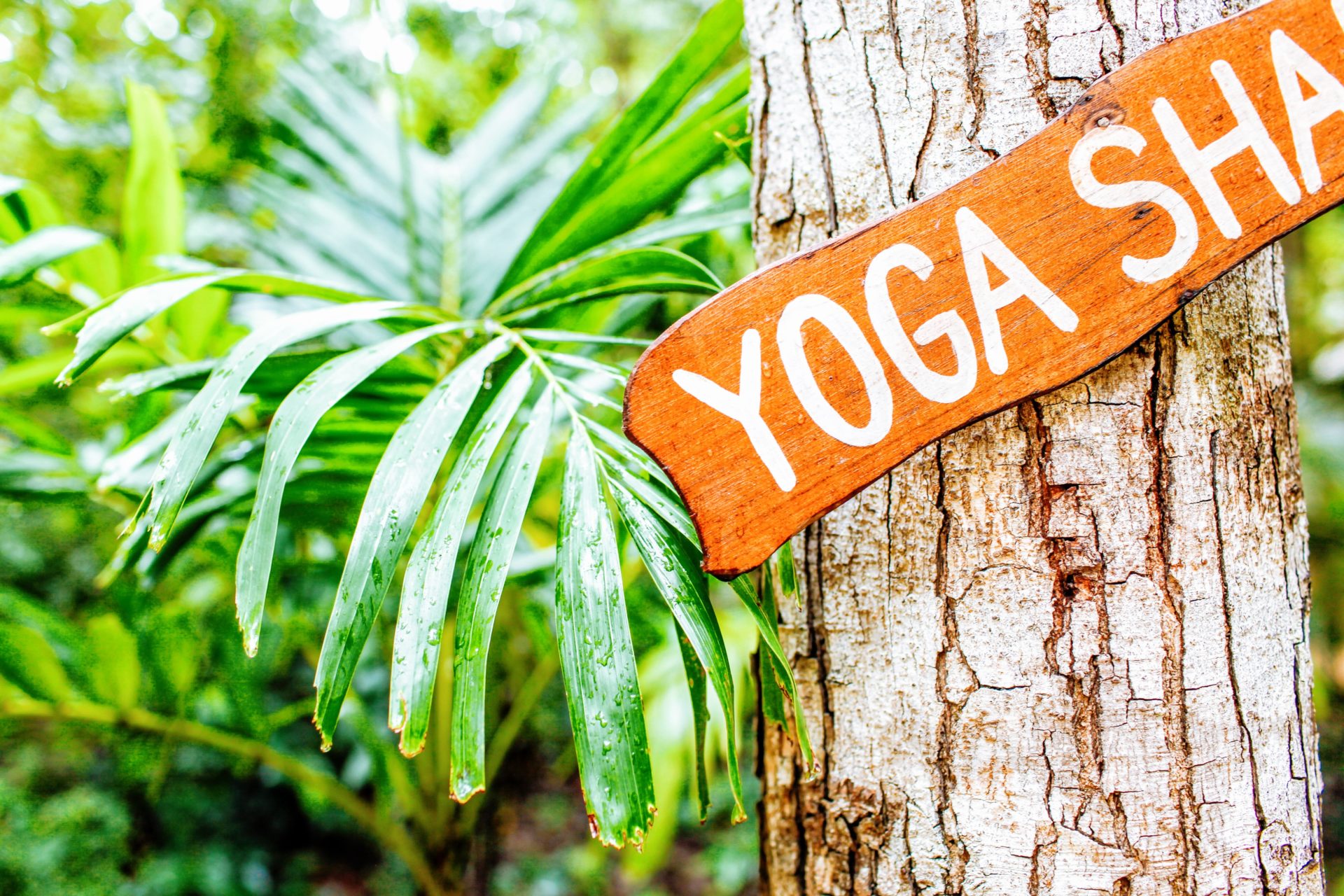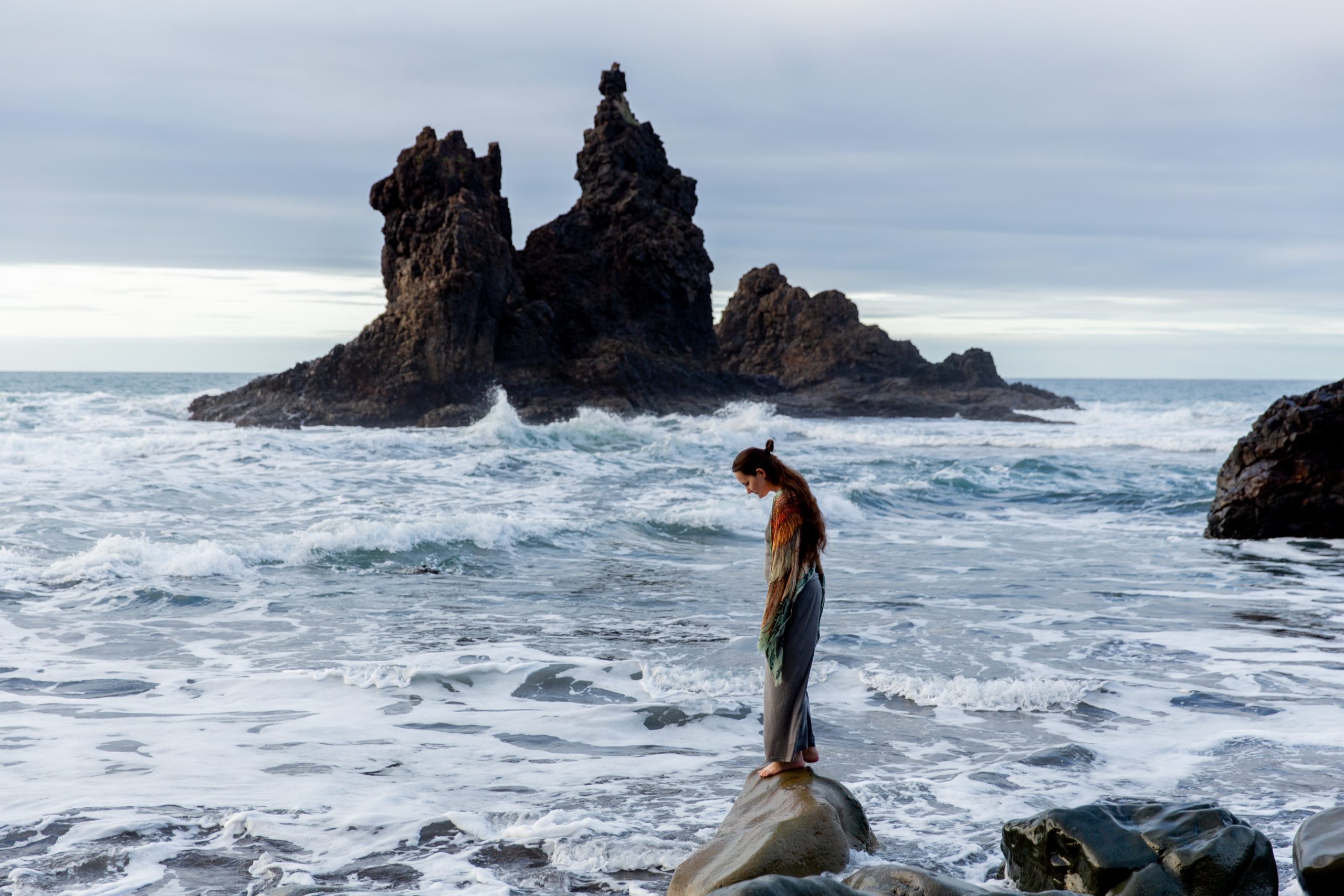Yoga and wellness retreat offerings ground to a halt beginning in March 2020, as resorts closed worldwide and global travel came to a near stand-still.
A recent study by retreat registration & payment platform WeTravel found that 50% of retreat leaders have cancelled between half and all of their scheduled retreats, trainings, and similar destination-based offerings for the remainder of the year. Some hope to forge ahead with travel plans in late 2020, while others have moved their retreats online or postponed them until next year.
According to the same study, however, there’s reason to be optimistic. Wellness travel providers are generally confident about retreat travel’s rebound, especially when compared to travel operators more broadly.
Retreat leaders have been more resilient and creative in dealing with the current realities; for example, in quickly pivoting to online programming to stay connected to their communities. Their survey responses also show that they see the timing and strength of the industry’s rebound in a more positive light.
So, what does this mean for the industry rebound and the future of retreat travel in the longer term?
—
Prediction #1: Virtual Retreats Are On The Rise And Here To Stay
While virtual retreats are currently the only option in many geographies where people are still mandated to shelter in place, they are also an innovation many industry insiders believe will outlast the current COVID19 pandemic.
For new retreat leaders, they provide a low-stakes option for breaking into the industry. For newer and veteran players alike, they represent a means of supporting communities still in lockdown, while carrying reduced logistical burdens and financial costs.
For retreat participants, they stand to provide relief from months of sheltering in place. Furthermore, for those who have long-term health, mobility, financial, or circumstantial constraints to travel, they may present the first feasible route to participation in a retreat experience.
Even if online retreats don’t have quite the same feel as “being there,” creative use of technology can greatly enrich the virtual experience. Retreat leaders can activate the senses and invoke the sights and sounds of nature with carefully selected audio and visual material. They might also opt to provide suggestions for in-home rituals around taste, smell, and touch (e.g., recipes, essential oils, and self-massage).

—
Prediction #2: Yoga & Wellness Retreats Will Be On The Leading Edge Of Travel’s Rebound
According to WeTravel’s survey, most respondents are confident that business will pick up again before the end of the year. Close to 50% of rescheduled offerings are slated to occur between September and December 2020, with the majority of the remainder scheduled for early-to-mid-2021.
On the demand side of the equation, masses of people are now in acute need of time and space to decompress, detoxify, and take a step back from the intense pressures of professional and domestic responsibilities. Retreats are an ideal space for this work and healing.
Likewise, local retreats timed for the early COVID-recovery period are a feasible option for many organizers. As the destination itself is often secondary or supplementary to thoughtful retreat programming that promotes mental, physical, and spiritual wellbeing, retreat leaders may find highly suitable venues close to home.
In these cases, participants are more likely to be able to use personal rather than public transportation. The logistical and financial considerations involved make close-to-home retreats inviting to a wider audience.
Options for local retreats generally include both urban, suburban, and more remote destinations. The latter, which inherently offer a greater degree of physical distancing, as well as the opportunity for reconnection with nature, are likely to go over well in the coming months.

—
Prediction #3: When Global Travel Returns, There Will Be Changes To How Retreat Leaders Select Service Providers
As retreat leaders hatch retreat plans for the post-COVID era, they will undoubtedly pay greater attention to the contractual responsibilities and obligations of their partners, including retreat centers, logistics managers, transportation providers, and insurance companies, amongst others.
Considerations for retreat venue selection are likely to include deeper research into recent or upcoming facility refurbishments, hygiene policies, and foodservice methods (e.g., less reliance on buffet service). Guests may have preference for single rooms and/or the availability of compelling outdoor recreation and practice spaces.
The retreat insurance industry, and travel insurance industry in general, have been forever changed by COVID-19. Industry experts predict an uptick in demand for “cancel for any reason” policies; while these have always been among the pricier options for travel insurance, they are expected to become more expensive in the future. Retreat leaders and participants alike are encouraged to shop broadly for insurance going forward, read the fine print, and purchase accordingly.

—
Prediction #4: Retreat Groups Will More Closely Examine Their Ecological Footprint and Local Economic Impacts
In the wake of the height of the COVID19 pandemic, many wellness professionals and practitioners alike have paused to reflect on the relationship between our own physical wellbeing and the wellbeing of the systems, natural and commercial, that support us as travelers.
As a result, retreat groups are bound to give more careful consideration to the ecological footprint of their travel plans. Additionally, they are likely to be more mindful of sustainability considerations and the possibility of overtourism.
In the ideal situation, visitors will consciously support sustainable business models that play an active role in safeguarding local foodways and ecosystems, and justly share the financial rewards of travel with local populations.
Responsible consideration of these factors is crucial to sustainable travel that supports human well-being across the board, rather than simply for those who have the means to visit destinations aboard in hopes of enriching their personal well-being.

Jen Corley (CYT-500) heads the wellness travel division at WeTravel.com, the operator of an online booking and payment platform for retreat travel. When she’s not traveling, she enjoys spending time with her husband, Evan, and French bulldog, Taco.








